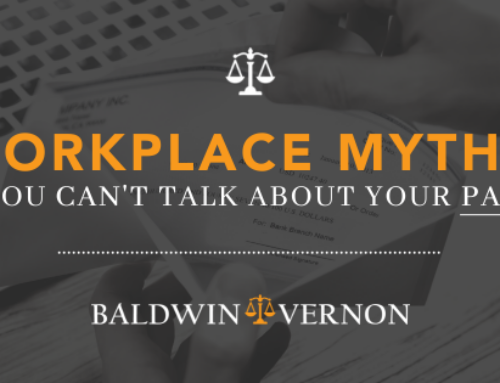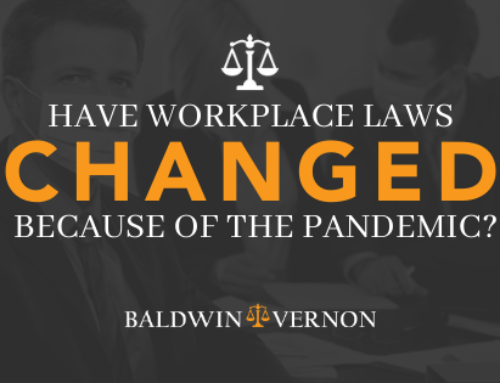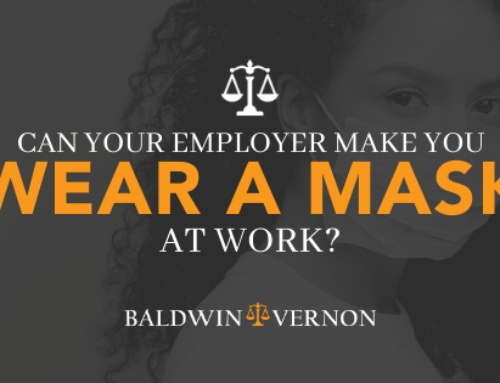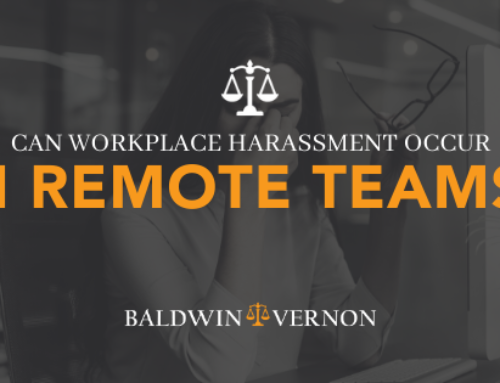You have likely heard the term “hostile working environment” tossed around by a disgruntled co-worker at some point in your professional career, but what exactly constitutes a hostile working environment? There are several qualifying factors that must be met before a work environment can be considered hostile, and they may not be exactly what you think.
While obnoxiously loud, interrupting co-workers can definitely play into a work environment that is less-than conducive for quality work, their actions alone aren’t enough to be considered a hostile working environment. Instead, according to the United States Equal Employment Opportunity Commission, a hostile working environment is defined as:
“…unwelcome conduct that is based on race, color, religion, sex (including pregnancy), national origin, age (40 or older), disability or genetic information. Harassment becomes unlawful where 1) enduring the offensive conduct becomes a condition of continued employment, or 2) the conduct is severe or pervasive enough to create a work environment that a reasonable person would consider intimidating, hostile, or abusive.”
Bringing forward a strong case regarding a hostile working environment requires specific, concrete examples against an employer who has reportedly violated an employees protected rights. Here are a few signs that you may have a strong case of a hostile working environment:
- The actions or behavior has displayed discrimination against a protected classification such as age, religion, disability, or race.
- Documented, reported cases made to Human Resources of any incidents that have occured have gone unaddressed by your employer. The behavior or communication must be pervasive, lasting over time, and not limited to a one-time comment that you were bothered by.
- The hostile behavior, actions, or communication must be severe. Not only is it pervasive over time, but the hostility must seriously disrupt your work. The second form of severity occurs if the hostile work environment interferes with your potential career progress.
- Your employer was made aware of the issue, yet did not succeed at mitigating the situation properly.
If you believe any of the following examples pertain to you, seek legal help as soon as possible, preferably by a law firm who is local to you and is skilled at employment law.







